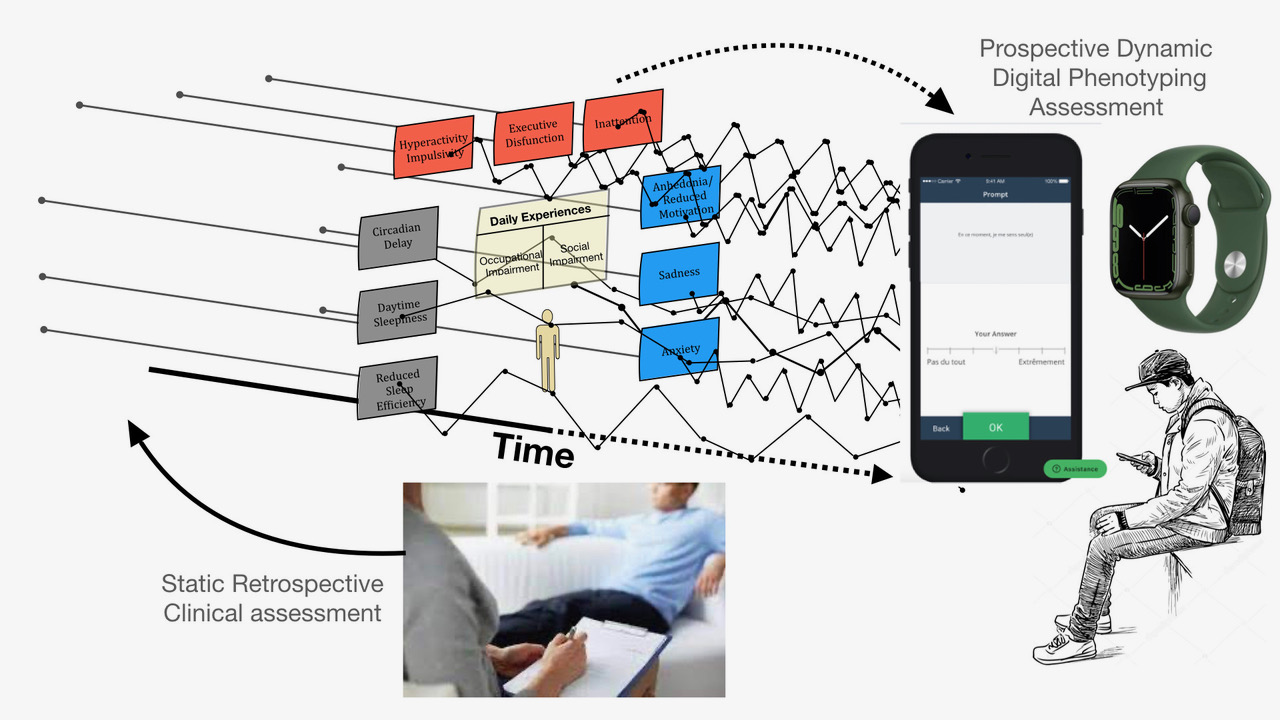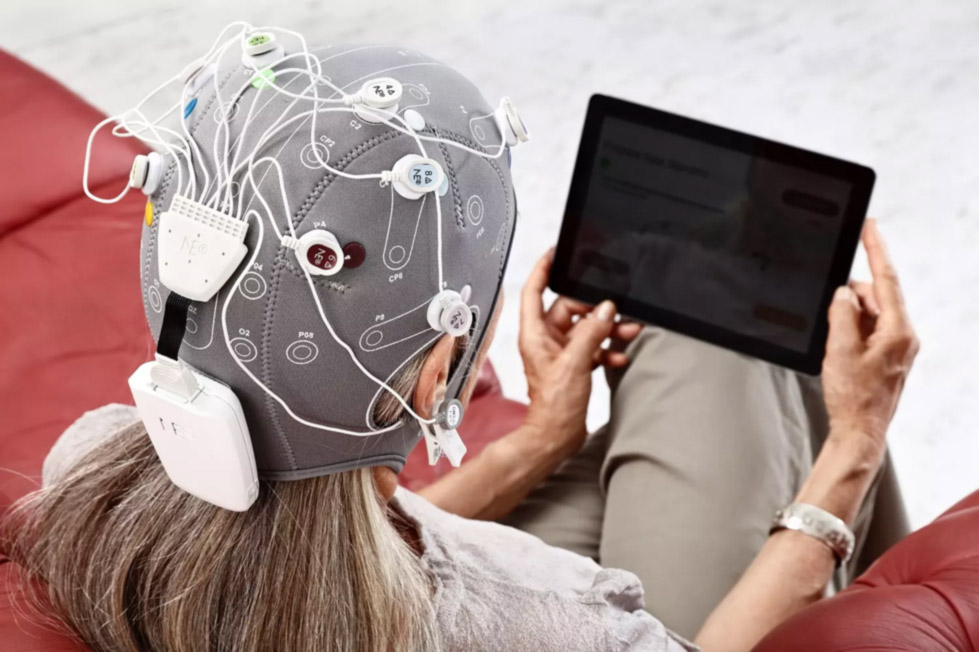Stephan Eliez


Stephan Eliez is a full professor in the Department of Psychiatry in the Faculty of Medicine at the University of Geneva. Director of the Pôle Autisme Foundation, he works with families and children affected by developmental disorders such as autism, psychosis, attention deficit disorder and rare diseases as microdeletion 22.
For over 25 years, Stephan Eliez has been conducting longitudinal studies on children at high genetic risk of developing severe mental disorders. His research identifies critical periods in brain development during which positive or negative events can influence psychotic symptoms. Identifying these factors could prevent the emergence of symptoms in people at risk. Stephane Eliez's research objectives are to assess risk and protective factors, develop monitoring techniques and identify the brain structures involved to enable early identification and preventive interventions.
Digital psychiatry for greater precision
In current clinical practice, psychiatric clinicians meet their patients on a regular basis to assess difficulties and responses to treatment. However, this traditional approach is limited to observable clinical facts and is influenced as much by subjective factors as by limited access to care. Stephan Eliez's group is developing a digital psychiatry approach using smartphones and connected watches to interview patients in their daily lives. For example, answers to targeted questions and measurements of daily activity or sleep can be collected. This approach would make possible to detect changes in mood or perception of the environment at an early stage, with a degree of accuracy that goes beyond standard clinical approaches.

Intervening in the brain circuits of psychosis
The research theme of Stephane Eliez's group focuses on the link between alterations in the neural circuits linking the prefrontal cortex to the limbic system and the development of psychosis. Data collected from hundreds of patients from childhood to adulthood is being analysed to identify neuroprotective treatments with a beneficial effect on these circuits. Specific molecules, such as serotonin reuptake inhibitors or certain neuroleptics, are being evaluated for their ability to prevent intellectual deterioration and reduce the risk of mental disorders when administered at the onset of puberty. In addition, non-invasive extracranial stimulation of the frontal and temporal regions during cognitive tasks focusing on memory is being evaluated for its ability to lead to the formation of new neuroprotective connections. The aim is to determine whether repeated sessions of stimulation can preserve intellectual function and have a lasting beneficial effect over the long term.





